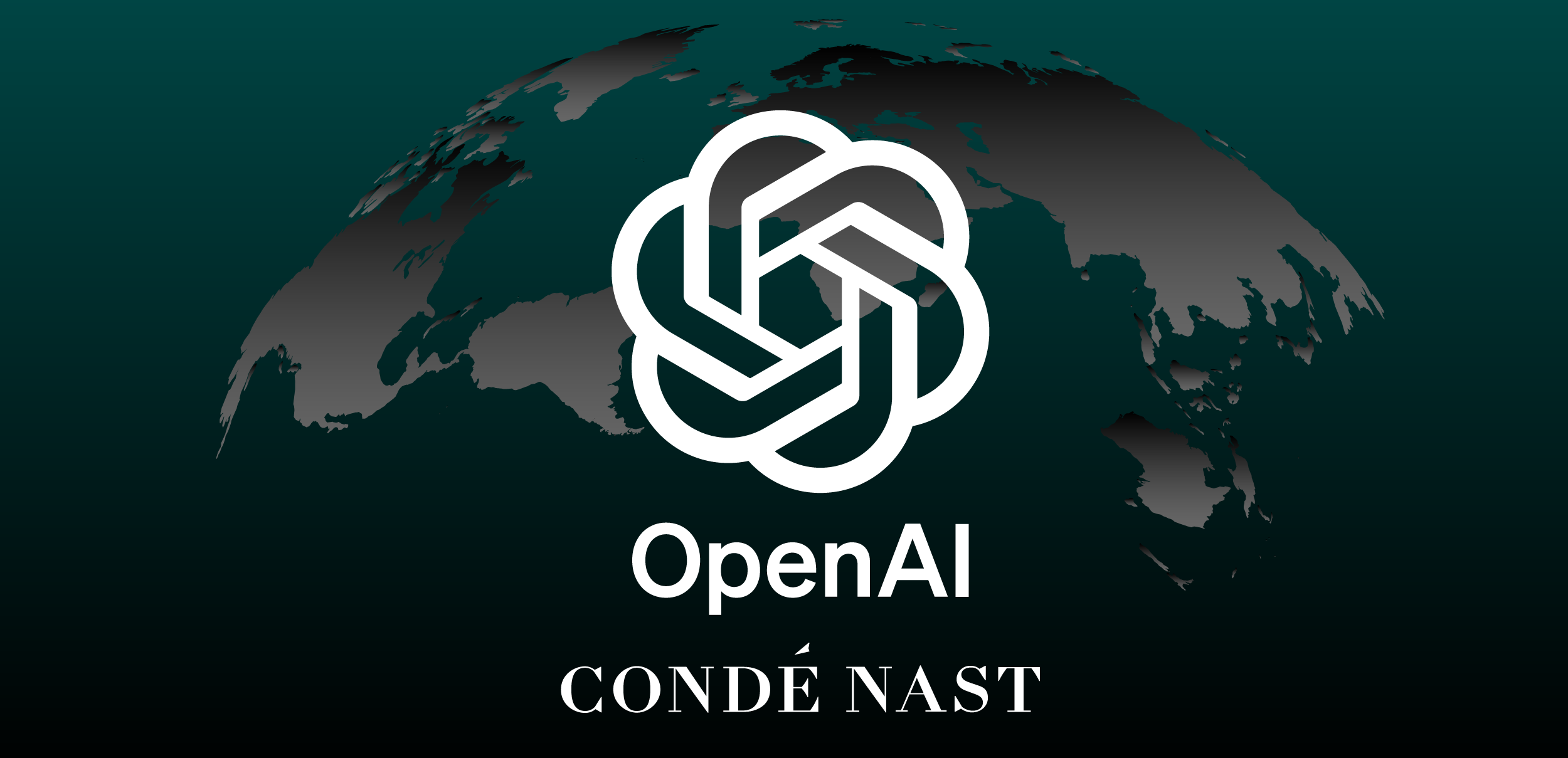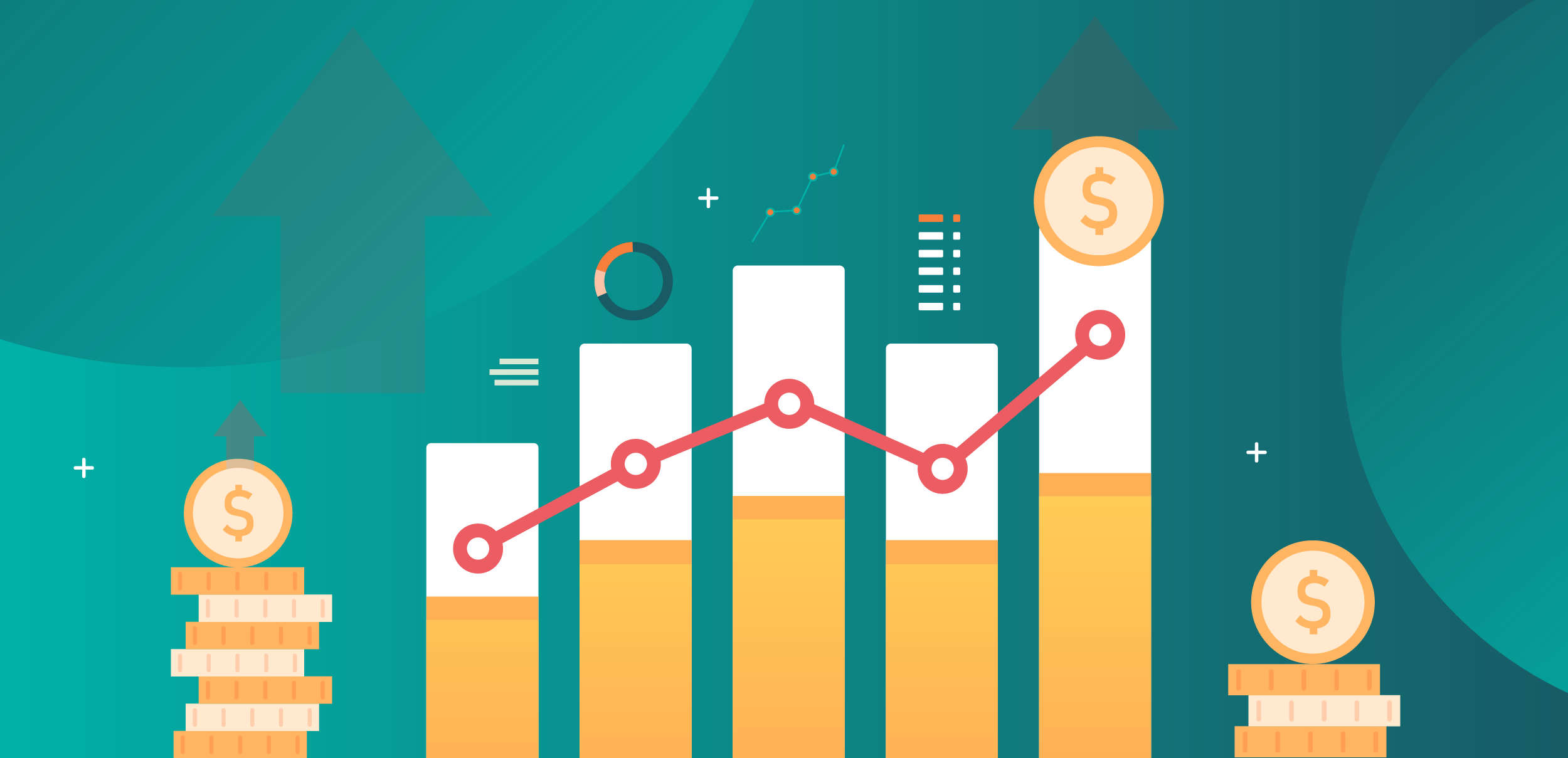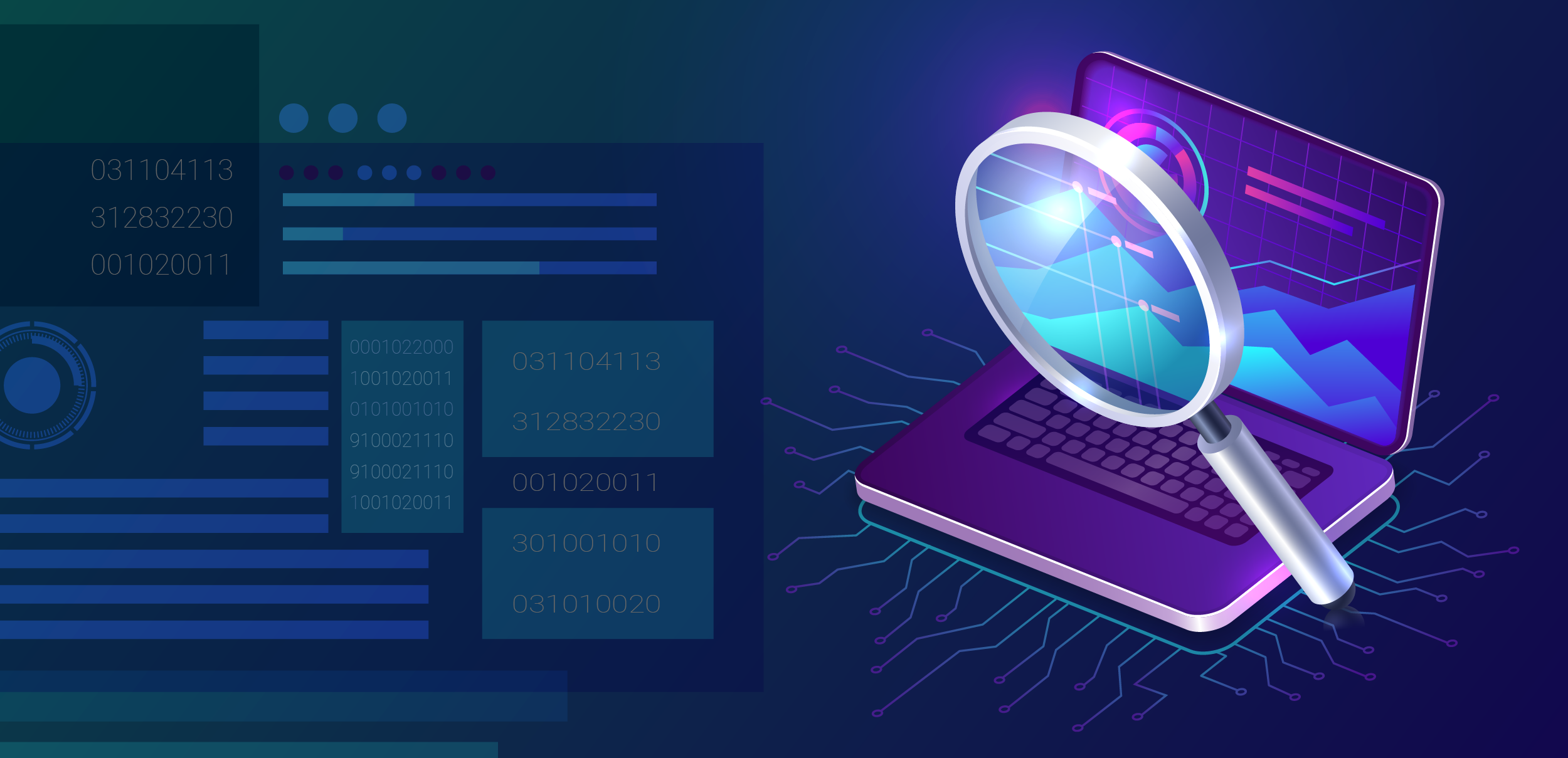Condé Nast’s Deal with OpenAI: Is History Just Repeating Itself?
By Chen Pesses | September 12, 2024

In a move that signals a potential shift in the media landscape, Condé Nast licensed content to OpenAI to fuel ChatGPT and SearchGPT. This would be content from leading brands under Condé Nast, such as GQ, The New Yorker, Vanity Fair, and Vogue.
History Repeating Itself
Condé Nast is far from being alone in striking a deal with OpenAI. Major publishers such as The Associated Press and Vox Media have joined the band. It clearly indicates that many publishers are adopting an ‘if you can’t beat them join them’ strategy.
Meanwhile, others, like The New York Times, don’t shake hands with AI. They take a more aggressive approach, suing OpenAI and Microsoft for alleged copyright infringement.
Both strategies look similar to past technological disruptions to publishers. We’ve seen it before. As new technologies emerge, they simply utilize content without compensation. This leads to a scramble for deals that may be lucrative in the short term but often prove unsustainable in the long run.
Short-Term Gains vs. Long-Term Sustainability
It’s easy to understand why publishers, even the largest ones, are drawn to the short-term financial benefits. With audiences consuming content differently and traditional digital revenue streams drying up, a quick cash influx can be a lifesaver. Even Condé Nast’s CEO, Roger Lynch, admitted that the OpenAI partnership would help recoup losses from declining digital revenue. He also highlighted the importance of embracing new technologies and ensuring proper attribution with compensation for their content.
On the other side of the deal, for OpenAI, the benefits are also clear. Partnering with renowned publishers enhances the credibility and reliability of its AI products. By leveraging high-quality, well-sourced content, OpenAI can ensure that its users receive accurate and trustworthy information. As AI plays an increasingly important role in how people discover and engage with content, maintaining accuracy and integrity will be crucial.
The Future of AI and Publisher Partnerships
While the partnerships between publishers and AI companies may seem like pragmatic responses to a changing media landscape, the long-term implications remain unknown. As with past technological disruptions, it remains to be seen whether these deals will stand the test of time or become just another chapter in the ongoing saga of media adaptation to new technologies. The financial appeal is there, but the future of the industry is far from settled.
Latest Articles
-

When Budgets Shrink, Transparency Becomes Power
Today’s media teams aren’t just asked to drive results; they’re asked to defend them. In a market where ad budgets are under the microscope and every dollar must prove its worth, clarity and efficiency win. It’s no longer about spending more — it’s about spending smarter. The brands that can surface waste, double down on what works, and adapt in real time will be the ones that thrive in this new media economy.
View Now -

In Real-Estate and in AdTech – Location is (Almost) Everything
You can have the best ad in the world - high-performing creative, long time in view, shown to an engaged user. But if it’s squeezed between seven other ads on a cluttered page? It’s not going to land. That’s the part we don’t talk about enough. The environment. The layout. The density. The visual noise around the impression. Let’s talk about two under appreciated KPIs that shape that environment.
View Now -

The Open Web Just Got More Transparent (Sort Of)
OpenSincera is a bold step toward greater transparency in MarTech. This free API gives open access to inventory data across the web, signaling a shift toward more informed planning and smarter decision-making. But how far does this visibility really go - and what comes next for advertisers, publishers, and the open web?
View Now
